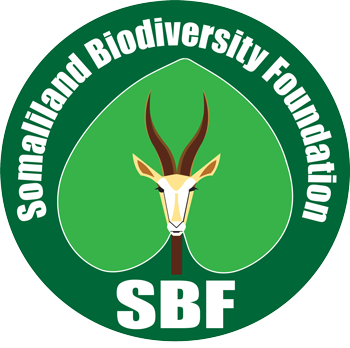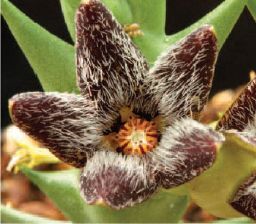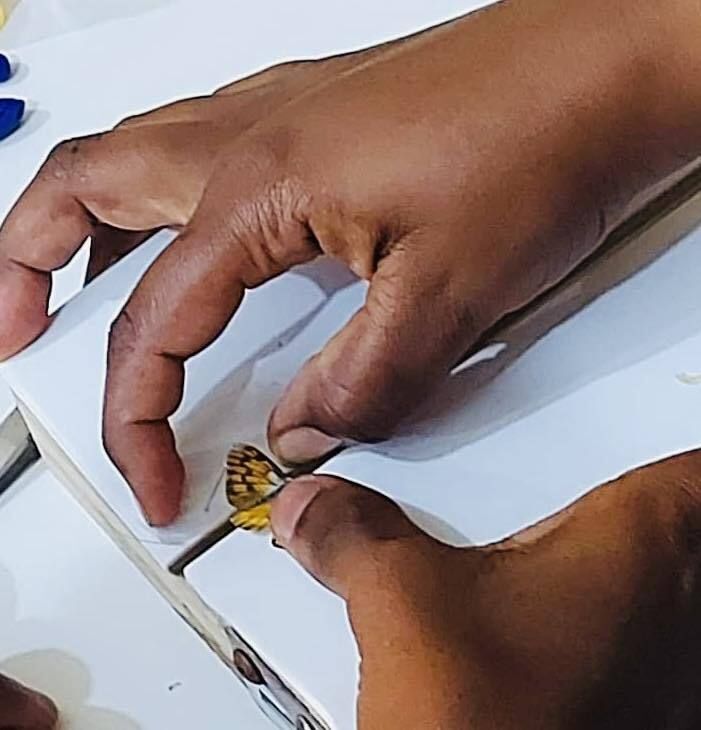
December 2025
Mustafe Abdulkadir, instructor for Entomology at the University of Hargeisa, asked asked Hadia Ahmed, who had assisted at several workshops, to show students how to collect, sort, and document insect collections.
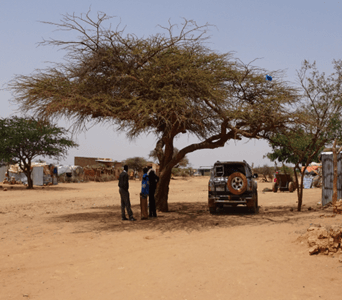
November 2025
"The History Tree: a symbol of regional instability" an article by Faisal Jama Gelle, Helen Pickering, and Ahmed I Awale, was published by in the Journal of the Anglo-Somali Society.
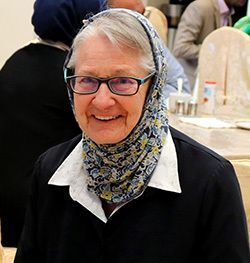
July 2025
"Glover - linking scientific and local knowledge", an expanded and updated version of Glover's 1947 checklist was published on this web site by Helen Pickering (look under "For you"). It can be downloaded for free.
Ceropegia kochii discovered in Somaliland and shown to be different from other species in the genus.

May 2025
University of Burao Approves Biodiversity Museum Building
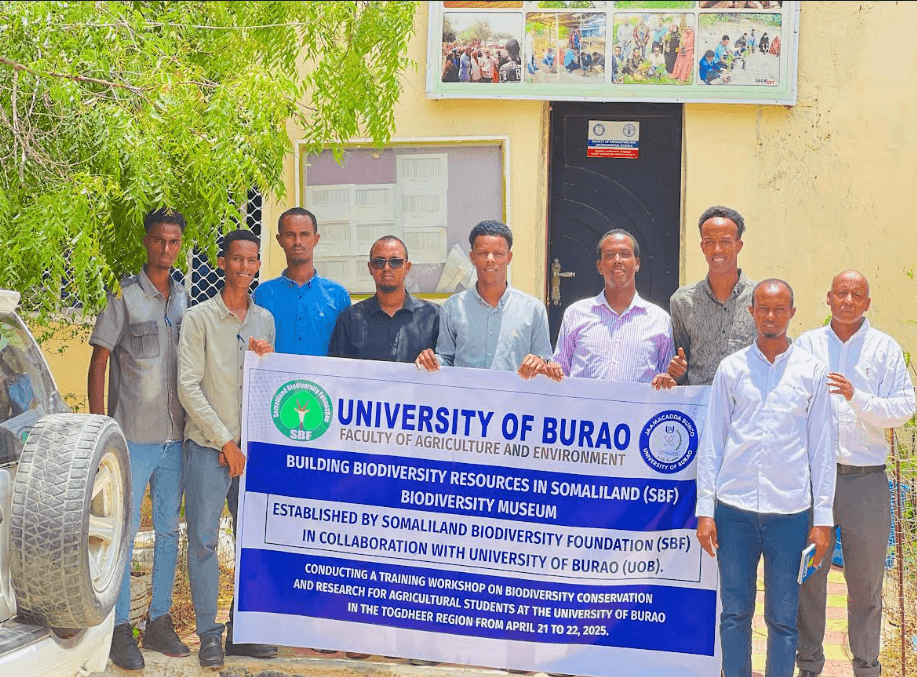
April 2025
Workshop on Biodiversity Enhancement and Entomology at University of Burao
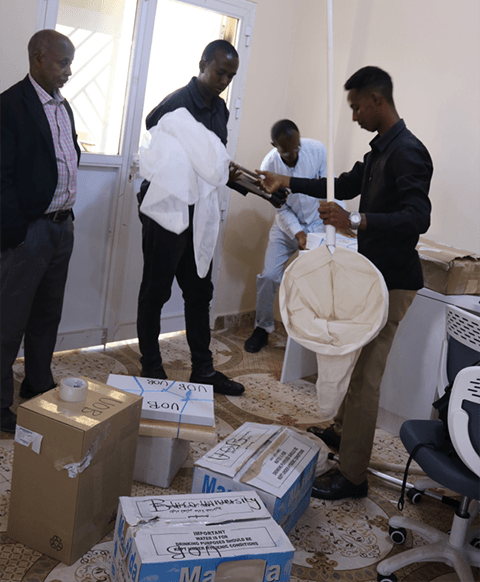
February 2025
University of Burao participants packing up equipment for starting collections at their institution
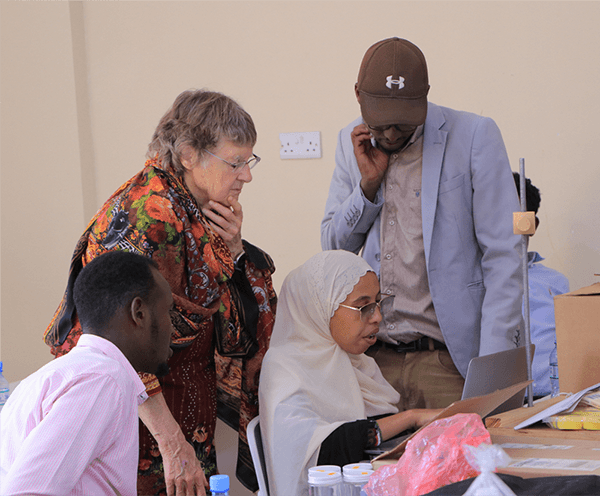
February 2025
Faisal and Mary answering a question during the workshop on sharing biodiversity data
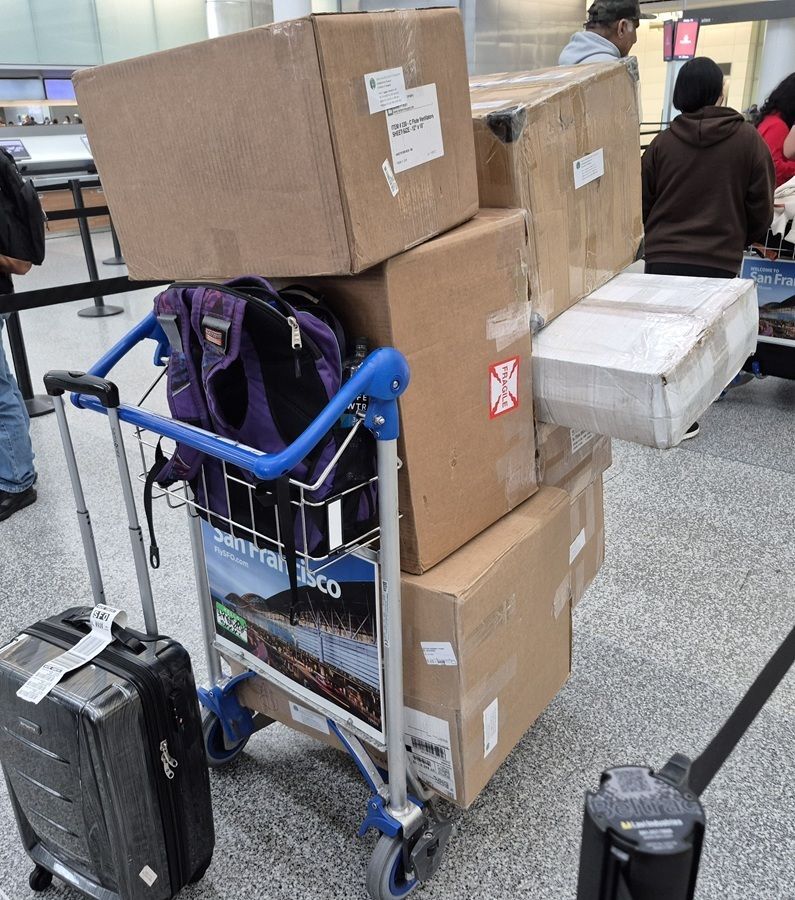
February 2025
Salt Lake City Airport: Checking in boxes of equipment for Somaliland
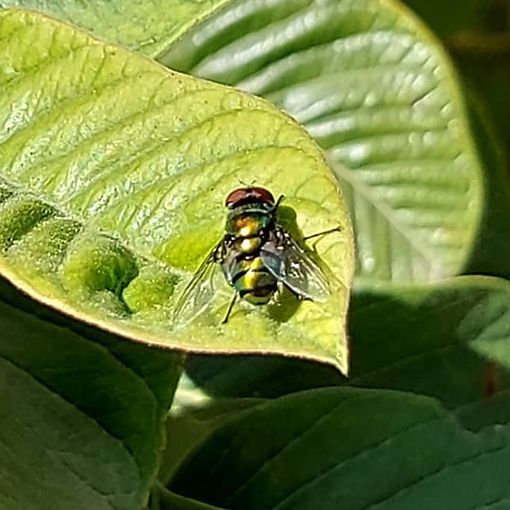
December 2024
Animal images from people associated with the Biodiversity Museum at the University of Hargeisa are now being shared with GBIF. At present, most are of insects. but it is designed to make available clear, identifiable, documented images all kinds of animal.
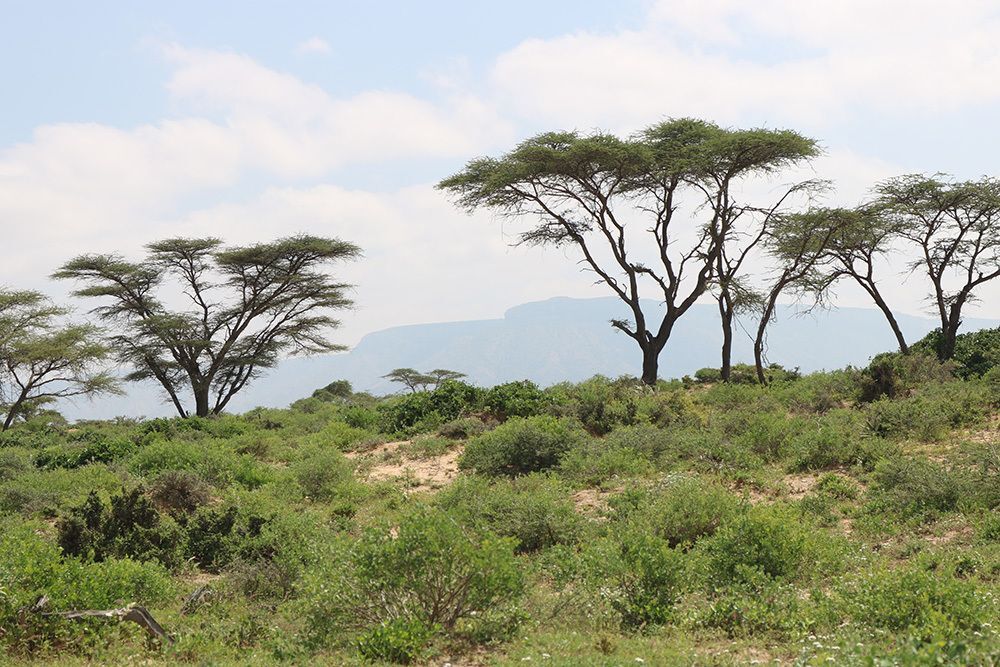
November 2024: Visiting a site described by Swayne
One of sites visited by Swayne in the late 1800s and by Faisal (SBF) and Xiyar (MoECC) in November 2024.
Faisal has been accepted as a participant in the course on "Plant Taxonomy Skills for Conservation" that will be offered by the Royal Botanic Gardens Kew in collaboration with the East African Herbarium and the University of Nairobi in Kenya in June 2025.
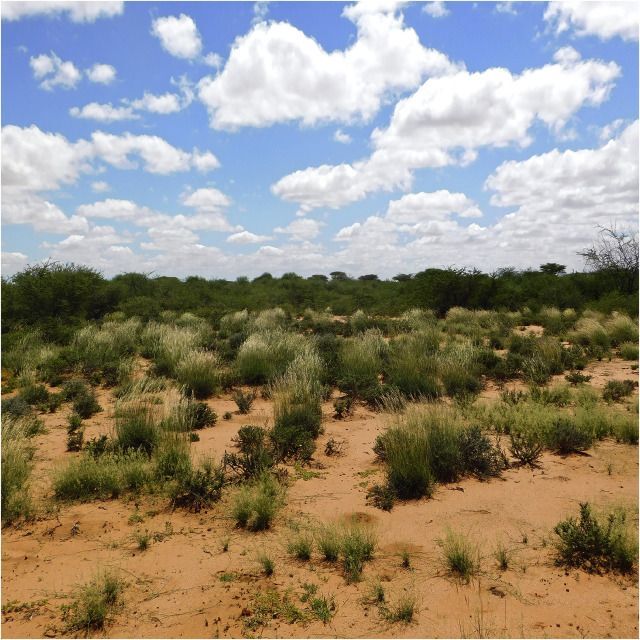
October 2024: Congratulations Ahmed!
On publication of "Rangeland management practices in Somaliland: lessons learned from the Aroori Grazing Reserve" in Rangelands (https://www.sciencedirect.com/science/article/pii/S019005282400049X).
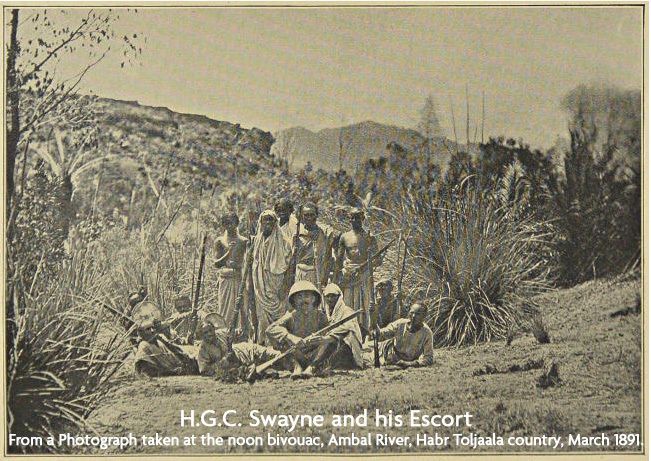
September 2024: Grant awarded for Environmental History Research
Grant awarded to Stephen Johnson, Faisal Jama Gelle, and Ismael Esse Hayir for "Learning from Swayne and today's elders". Swayne hunted in Somaliland in the 1890s and described country in a book. Faisal and Ismael will revisit three sites compare their present conditions with Swayne's descriptions.
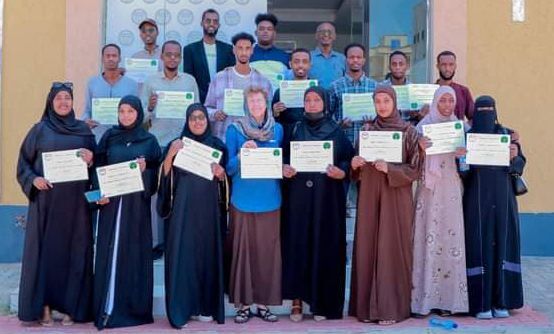
August 2024: Dr. Tharina Bird leads a 4-day workshop on arthropod collection
Dr. Tharina Bird, Curator of Entomology at South African's National Natural History Museum, ran a workshop on arthropod collection, sorting and preservation for 16 students from the University of Hargesia at the Geed Deeble Botanic Garden.
